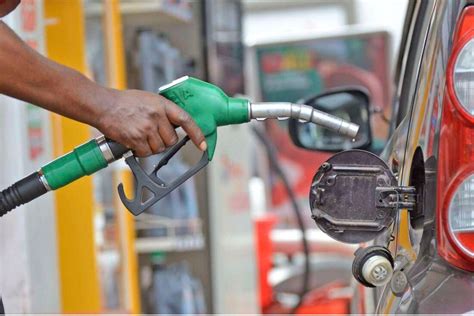Nigerian motorists are beginning to feel a slight but welcome sense of relief as pump prices for Premium Motor Spirit (PMS), commonly known as petrol, have seen a modest decline across key cities including Abuja, following a recent wave of competitive pricing within the oil and gas sector.
In some locations, pump prices have dropped to as low as ₦875 per litre, while others now retail around ₦895 per litre—a notable decrease from the earlier average of ₦910 per litre. Though the reduction may seem marginal, it is being hailed by many as a positive development amidst the continued strain of high living costs.
The price shift was largely triggered by Dangote Refinery and its partners, who set a new tone in the market by significantly cutting their petrol prices. This move has spurred a chain reaction, with other filling stations, including state-owned outlets, adjusting their prices downward to stay competitive.
Speaking on the development, local motorist Muhammad Ibrahim expressed optimism, saying the reduction was long overdue. “It brings some relief. We’ve been expecting this since some stations already started lowering prices,” he noted, reflecting the sentiments of many daily commuters.
Industry experts suggest that this trend reflects broader shifts in the downstream oil and gas market. Chinedu Ukadike, spokesperson for the Independent Petroleum Marketers Association of Nigeria (IPMAN), attributed the price drop to the liberalization of the sector, which is gradually fostering healthy competition.
However, Ukadike also flagged persistent concerns about market monopolies and public skepticism surrounding the rehabilitation of Nigeria’s refineries in Port Harcourt, Warri, and Kaduna. These issues, he said, must be addressed to ensure long-term sustainability in pricing and supply.
While it’s too early to declare a full transformation of the fuel pricing landscape, the recent dip in prices offers a glimpse of what a more competitive and transparent market could look like—potentially paving the way for more stable and affordable fuel costs in the near future.







